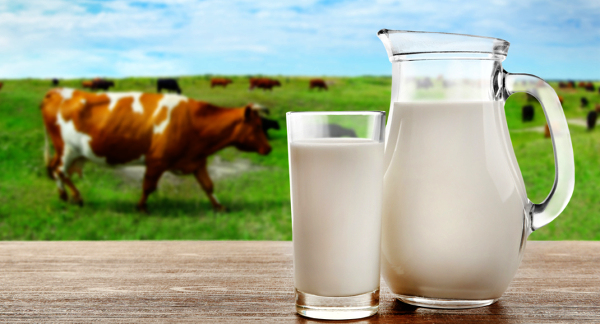A team of researchers at the Department of Biotechnology’s Hyderabad-based National Institute of Animal Biotechnology (DBT-NIAB) has developed a new technique to detect the presence of an antibiotic called Oxytetracycline (OTC) in milk samples.
Oxytetracycline is known for its broad-spectrum antimicrobial activity and is one of the extensively used antibiotics in veterinary practices. Its excessive consumption can cause antimicrobial resistance.
The new tool can help in several other ways also since consumption of milk having residual antibiotics can cause serious health complications like development of hepatotoxicity, teratogenicity, reduced growth and metabolism too. At present, the kits used for antibiotic detection are imported and have limited availability with costs of more than Rs 100/- per test.
A team of researchers at the Department of Biotechnology’s Hyderabad-based National Institute of Animal Biotechnology (DBT-NIAB) has developed a new technique to detect the presence of an antibiotic called Oxytetracycline (OTC) in milk samples. Oxytetracycline is known for its broad-spectrum antimicrobial activity and is one of the extensively used antibiotics in veterinary practices. Its excessive consumption can cause antimicrobial resistance.
The new technique developed by NIAB scientists promises to help address the problem. It has been found to reduce the cost without compromising on the quality of detection. The kit has the sensitivity to detect up to 5 ng/ml of oxytetracycline in cow, buffalo, and goat milk within 10 minutes. The permissible limit as per the Ministry of Health & Family Welfare’s Food Safety and Standards Authority of India (FSSAI) is 100 ng/ml.
The researchers said these tests can be performed at the doorstep of farmers, at the level of dairy organizations or milk collection centres or by the consumers themselves. The cost of the test will be between Rs 25-50/test. “We are in the process of finding a suitable partner for technology transfer”, they said.
The study was conducted by Komal Birader, Pankaj Kumar, T. Yathirajarao, Jeannie Alice Barla, Shashidhar Reddy, and Pankaj Suman. They have submitted a research paper on their work to Elsevier’s journal for Food Chemistry. It has been accepted for publication.
Source: Vigyan Prasar
You may also like
-
New Heat-Based Approach To Cancer Treatment Can Reduce Chemotherapy Doses
-
Scientists Take A Major Step Towards Unification Of Classical & Quantum Gravity
-
India Graphene Engineering and Innovation Centre (IGEIC) Under the Vision of Viksit Bharat@2047 Launched
-
New High-Performance Gas Sensor can Monitor Low Level Nitrogen Oxides Pollution
-
Antidepressant Drug can be Repurposed for Treating Breast Cancer
